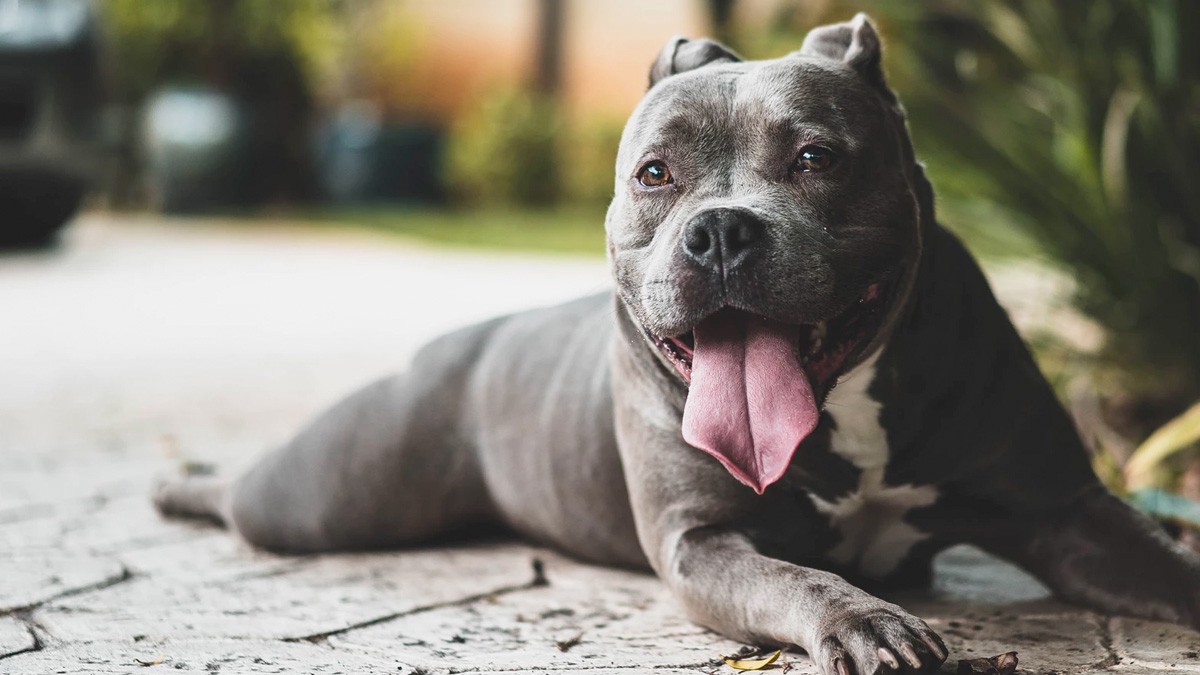Proposed new bylaw changes in Winnipeg are drawing attention from animal protection groups, the pet industry, and compassionate citizens across Canada. Much has gone on since our last blog explaining the bylaw review, and how it can help Winnipeg’s companion animals and wildlife. Now, the public is invited to weigh in on some of the most important (and contentious) aspects of the proposal.
Phased approach to bylaw review
When Winnipeg Animal Services launched its initial public consultation on proposed changes to the Responsible Pet Ownership Bylaw (“RPO Bylaw”) back in August, it became clear that some parts were more contentious than others. Winnipeg decided to take a two-phased approach to the review, with phase one focused on issues like the need to regulate dog and cat breeders, a ban on the outdoor use of lethal wildlife traps and glue traps, limiting the outdoor use of certain rodent poisons, and the need for standards for dog daycares.
Animal Justice recently presented to two City Council committees on the phase one recommendations and has been actively working to support them. We are pleased that Council approved these recommendations last month, and expect draft bylaw amendments to come to Council this summer.
Animal Services is now hosting a new round of public consultation on its phase two proposals. These include regulating the ownership of exotic animals in the city, scrapping Winnnipeg’s outdated and unscientific ban on pit bulls, and promoting responsible dog guardianship. Unfortunately, there is also a proposal to allow urban chicken-keeping in Winnipeg—something Animal Justice, the Winnipeg Humane Society, and other animal protection groups have significant concerns about.
Phase Two: Pit bulls & pythons & chickens…oh my!
Phase two of the RPO Bylaw review covers some extremely important and wide-ranging issues. First, Winnipeg is considering adopting a “positive list” that would set out the types of exotic animals that are allowed to be kept as pets. Positive lists are established based on criteria like safety to humans, safety to local wildlife, space requirements, and social needs.
Scientific understanding of the cognitive, emotional, and social capabilities of wild animals commonly kept as pets is rapidly evolving, and shows clearly that many of these animals’ basic needs cannot be met in captivity. The global pet industry, which is responsible for the capture of millions of wild animals each year, is a key threat to many species’ survival, and many of these animals would pose risks to native wildlife in the event that they were to escape or be intentionally released in Canada. Exotic animals can also pose significant public health and safety risks, including through the emergence and spread of zoonotic disease.
Winnipeg currently takes a “negative list” approach to exotic animal ownership, meaning that it only lists the animals that can’t be kept. By default, this means that tens of thousands of other animal species can be kept—even if they suffer in captivity, could pose risks to public health, are threatened in the wild, or could damage the native environment. A positive list approach is simpler, less expensive to enforce, and more effective. By placing the onus on the pet industry or others who wish to keep particular kinds of animals to prove, in advance, that they satisfy the criteria for listing, a positive list approach would better protect people, animals, and the environment and reduce nuisance complaints and enforcement costs.
Another important issue in the phase two recommendations is the City’s consideration of whether to do away with its ban on pit bulls and pit bull-type dogs. Pit bull bans, or “breed specific legislation”, are unscientific and ineffective. In fact, a survey of 36 Canadian municipalities found no difference between municipalities with breed bans and those without when it comes to the number and severity of dog bites. Rather than banning dogs based on their appearance, with no regard to their temperament or history of behaviour, we are calling on Winnipeg to follow the lead of cities such as Calgary which have adopted a community-based approach to responsible dog guardianship that includes public education, licensing for pets, spay and neuter campaigns, and dangerous dog protocols.
Finally, Animal Justice and other groups were surprised to see urban chicken keeping on the agenda. Many people are motivated to keep chickens in their backyard out of a desire not to financially support modern factory farms, from which the vast majority of eggs come. We get it— consumers are increasingly concerned about farming practices, and do not want to support companies that keep chickens confined in tiny battery cages, among other horrific practices that are standard in the egg industry.
Unfortunately, backyard chicken-keeping is not the solution. It poses significant risks to chickens and their well-being, with problems including the adequacy of their housing—particularly in light of Winnipeg’s notoriously frigid winters—and the increased burden on local rescue groups and sanctuaries which are often required to step in to care for abandoned or seized hens. Many people don’t realize that chickens can live for more than 10 years, but their egg-laying capacity declines relatively early on in life. For this reason, many backyard chickens are slaughtered or abandoned by people who do not understand the significant long-term commitment that comes with keeping chickens.
Take action
Please take a moment to have your say on phase two of Winnipeg’s RPO Bylaw review! This short survey is only open until February 13. Winnipeggers are also encouraged to reach out to their local councillor to voice their opinion about the review and the importance of positioning Winnipeg as a leader when it comes to protecting companion animals and wildlife across the city.
Join the Animal Justice mailing list
Join the Animal Justice Mailing List
Join the Animal Justice mailing list




